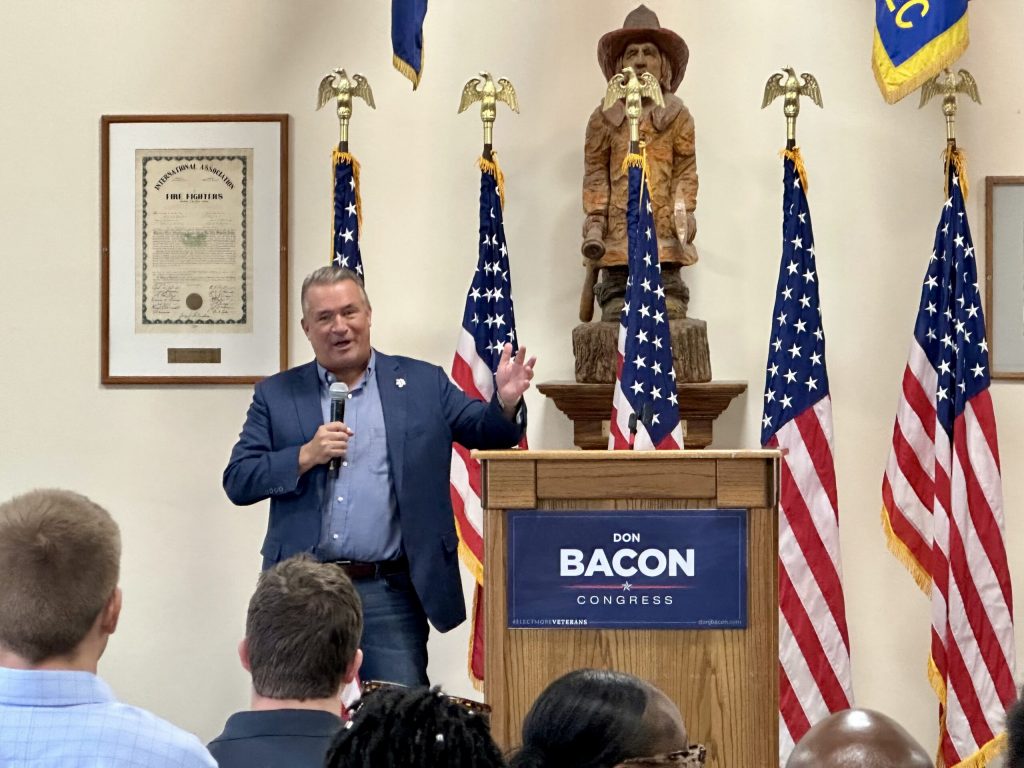
This past week, Rep. Don Bacon (R-NE-02) reintroduced a measure aimed at modernizing and securing America’s agricultural sector. H.R. 4155, the American Agricultural Security Act will bolster cyber defenses for our nation’s food supply chain.
With the U.S. agri-food sector reporting forty cyberattack incidents in the first quarter of 2024 alone, the American Agricultural Security Act addresses an urgent national security concern. The legislation will establish Centers of Excellence at higher education institutions and create a competitive USDA grant program to strengthen our agricultural cybersecurity infrastructure.
“Our national security and our agricultural industry are inextricably linked,” said Rep. Bacon. “There are only nine meals between civilization and total anarchy. For this reason, I introduced the American Agricultural Security Act of 2025 to ensure we stay ahead of emerging threats to our food supply chain.”
While new technologies have enabled food production to become one of the most automated industries in the world, adversaries have increasingly looked to undermine our nation’s most vital industry through increased cyberattacks. The American Agricultural Security Act addresses these challenges by:
- Enabling the Secretary of Agriculture to establish Centers of Excellence at institutions of higher education to research and engage in extension on topics related to cybersecurity, biosecurity, and agricultural production.
- Establishing a competitive grant program within USDA to support research, extension, and education activities that improve the capability of the United States to protect the food and agricultural system from attack or other global catastrophic threats.
The full text of H.R. 4155 the American Agricultural Security Act can be found here.
This bill follows the recent introduction of Cybersecurity in Agriculture Act by Reps. Zach Nunn (R-Iowa) and Don Davis (D-N.C.), which aims to safeguard the nation’s agricultural economy from cyber threats by harnessing the expertise of land-grant universities. The bill would establish five Regional Agriculture Cybersecurity Centers across the country to bolster cyberattack readiness, enhance response capabilities and accelerate recovery efforts in the agriculture sector.
Noting the 2021 ransomware attacks at Iowa’s NEW Grain Cooperative and Minnesota’s Crystal Valley Cooperative and a cyberattack on meatpacking giant JBS that same year, Nunn said these actions threaten supply chains and can force temporary shutdowns across North America.
“Iowa feeds the nation and that makes our farms and cooperatives a prime target for cyberattacks,” said Nunn. “We’ve already seen hackers shut down grain handling and meat processing operations with just a few lines of code, stealing American agricultural technology or holding our food supply for ransom. By leveraging Iowa’s leadership in agricultural and cyber defense innovation at institutions like Iowa State, we’re putting the nation’s top minds to work protecting the backbone of America’s economy: our farmers.”
The Cybersecurity in Agriculture Act would counter growing cyber threats directly by:
- Funding university-led research on advanced cybersecurity systems for the agriculture sector.
- Developing dedicated security operations centers to monitor and respond to cyber threats.
- Designing sector-specific cybersecurity tools, including threat detection and intrusion prevention systems.
- Building live testbeds for agricultural cybersecurity technologies.
- Conducting training and simulation exercises with agriculture industry stakeholders.
“Cybersecurity threats remain a top danger to our agriculture and rural communities,” said Davis. “Our local farms need cybersecurity protections to continue operating and working with our top-of-the-line university system in North Carolina, which means a local and reliable partner in the fight against cyber attacks.”


















